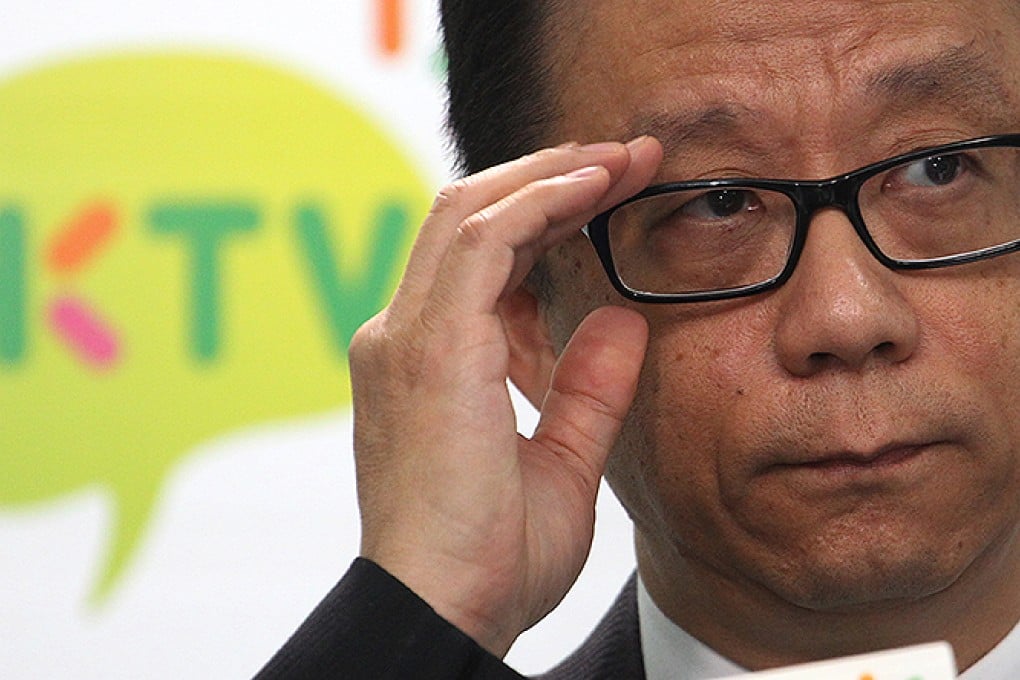Consultant in TV licence row was right to quit
Robert Chua says hired consultants fail professional standards when they openly criticise their client's decision, as one did recently in TV licence row

It should come as no surprise that Jenny Ng Pui-ying, the consultant who said the government had misquoted her company's assessment of the TV market during the row over free-to-air licences last year, has finally done the honourable thing and quit her job.
Clearly, Ng, the managing partner of Value Partners, must have realised she had committed the cardinal sin of speaking out against one's client, and that this was uncalled for. I see no logical reason for politicians to demand an explanation for what seems to be common sense prevailing.
Why do some consultants expect a client to accept their findings and recommendations as the final decision? In Ng's case, the government was free to decide on its own how many TV licences were awarded. Just what role did Ng think she or the company played? Was she the ultimate decision-maker, or was it the government, which paid for the report? Is the client obliged to discuss with a consultancy firm it has hired whatever it has on its mind?
Was it right for Ng to speak out and say her company did not agree with the government's decision? If consultants who don't like their client's decisions always did that, they'd probably never be hired again. After all, Ng wasn't challenged by the government to defend her work.
Personally, as any good consultant should, I will tell it as it is when anyone asks for my advice on a project within my scope of expertise. And that includes telling them to forget it, or suggesting an alternative if I have one, if I don't believe the idea will succeed. Then, it's up to them to decide what to do; I don't necessarily expect them to follow my advice. It is their investment at stake, after all.
A consultant's role is to give recommendations to the best of their ability. That's it.